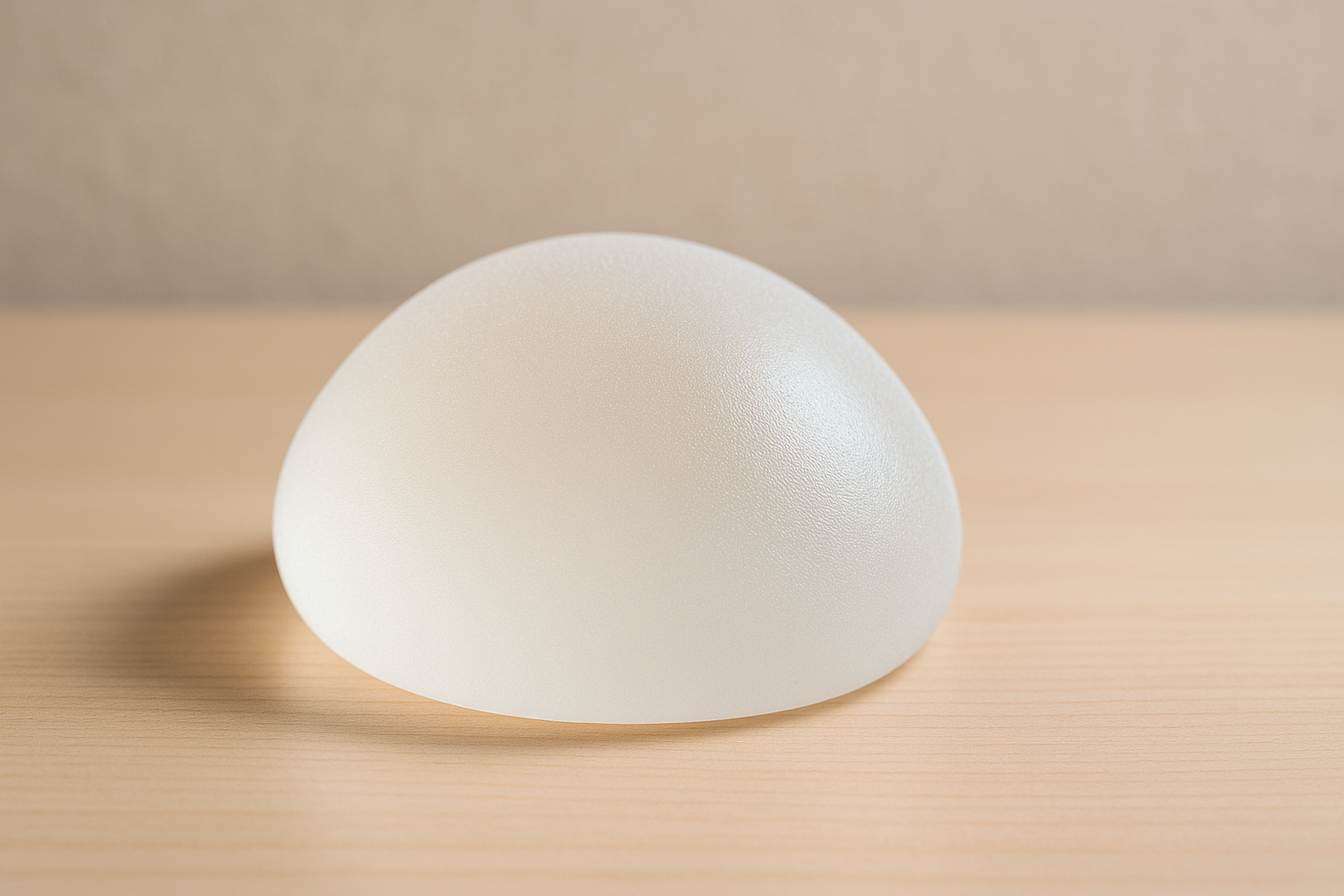One-size-fits-all diets don’t work.
A major Japanese study shows how age and gender influence dietary diversity and health outcomes.
Why does age and gender matter in diet?
The saying “You are what you eat” holds true. Diet affects overall health, disease prevention, and longevity. However, one-size-fits-all diet plans rarely work because biological, cultural, and lifestyle factors—like age and gender—shape eating habits. Understanding these differences can help design personalized nutrition strategies to improve health outcomes.
What was the aim of the Japanese study?
The study, led by Professor Katsumi Iizuka from Fujita Health University, sought to explore how dietary patterns differ by age and gender among Japanese adults. Their findings, published in Nutrients (July 2, 2025), emphasize that individualized nutrition plans can improve public health and reduce chronic disease risks.
How was the study conducted?
- Participants: 2,743 employees of Fujita Health University
- Age Groups: 20–29, 30–39, 40–49, and 50–59 years
- Tool Used: Food Intake Frequency Questionnaire
- Foods Assessed: Meat, fish, eggs, dairy, soy, vegetables, seaweed, fruits, potatoes, and oils
- Beverages: Coffee, tea, sugary drinks, alcohol
Researchers used advanced statistical techniques, including alpha and beta diversity analysis (often used in microbiology), to identify dietary patterns rather than just individual food frequency.
What were the key findings?
1. Gender Differences
- Women consumed fruits more often than men
- Women’s diets were more diverse overall
2. Age Differences
- Younger adults: Less dietary diversity
- Older adults: Consumed more fruits, dairy, and seaweed
- Younger women: Preferred plant-based foods (fruits, vegetables, potatoes)
- Older men: Preferred traditional Japanese diet (fish and fats)
3. Generational Gaps
- Middle-aged adults often live with families → More balanced meals
- Younger adults often live alone → Tend to eat convenient, less diverse foods
Why does dietary diversity matter?
A varied diet provides essential micronutrients, fiber, and probiotics. Lack of diversity can lead to nutrient deficiencies, gut microbiome imbalance, and higher risk of chronic conditions like obesity, diabetes, heart disease, and even cancer.
What steps can improve dietary habits?
- Start early: Include fiber-rich foods and fermented products from a young age
- Plan meals: Add fruits, vegetables, dairy, and seaweed for better nutrition
- For younger adults: Cafeterias and workplaces should offer micronutrient-rich meals
- Personalized nutrition: Diet plans should consider age and gender differences
What are the health benefits of fermented and fiber-rich foods?
- Support gut health by promoting healthy microbiota
- Reduce inflammation and disease risk
- Improve digestion and nutrient absorption
- Lower the chances of heart disease and cancer
FAQs on Age- and Gender-Based Diets
1. Do women really eat healthier than men?
On average, yes. Studies show women tend to consume more fruits and vegetables, leading to a more balanced diet.
2. How does age affect food diversity?
Dietary diversity increases with age—older adults generally consume more nutrient-rich foods like dairy and fruits.
3. Should men and women follow different diets?
Yes, because calorie needs, hormonal balance, and nutrient requirements differ by gender.
4. What role do fermented foods play in Japanese diets?
Fermented foods like miso and natto are rich in probiotics, supporting gut health and immunity.
5. How can young adults improve their diet?
Include whole foods, plant-based meals, and fiber-rich snacks instead of relying on processed or convenience foods.
✅ Bottom Line: Diet is not one-size-fits-all. Gender and age influence what we eat, how diverse our diet is, and how healthy it is. Understanding these patterns can help individuals—and public health programs—create better nutritional strategies for disease prevention and long-term well-being.




